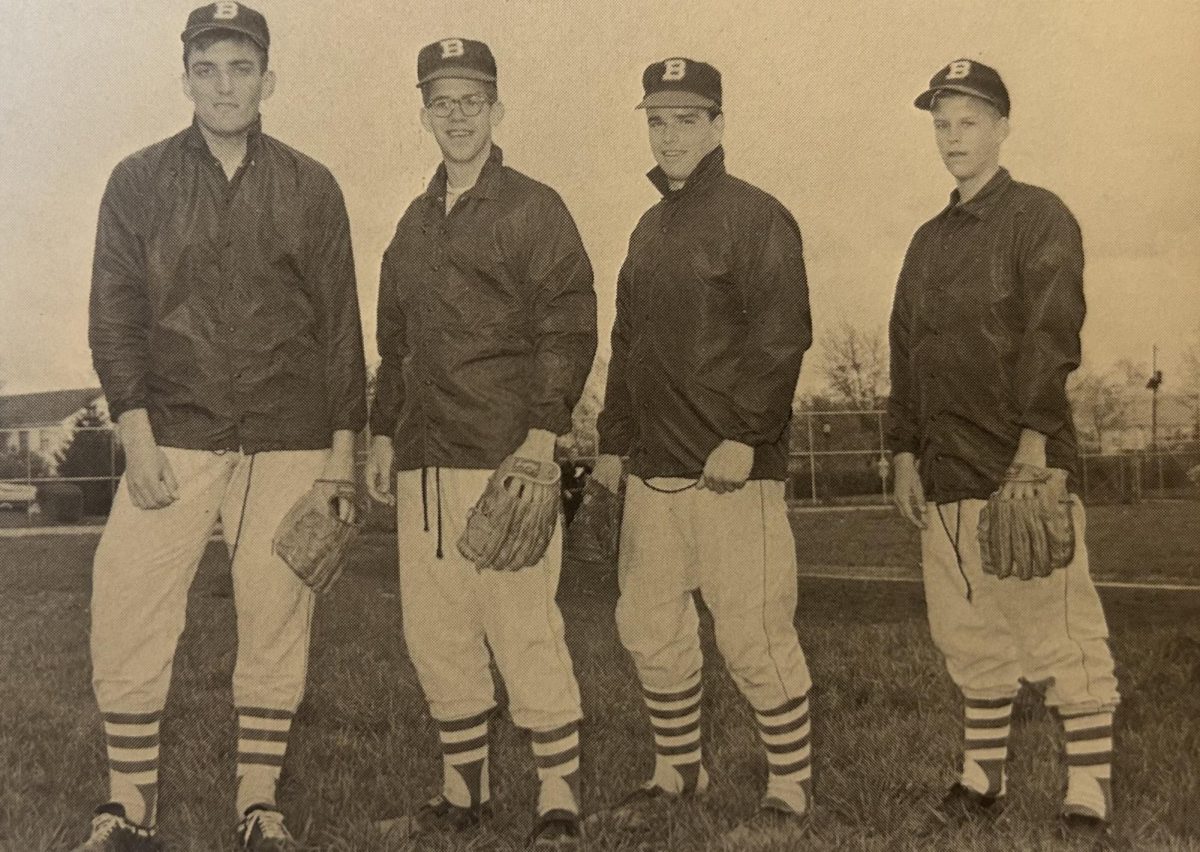 It was a night just like any other for junior Porter Neff when he was in the fourth grade. His reading light and novel were the only things protecting him from his worst nightmare, as sleep paralysis episodes had become a nightly occurrence for him.
It was a night just like any other for junior Porter Neff when he was in the fourth grade. His reading light and novel were the only things protecting him from his worst nightmare, as sleep paralysis episodes had become a nightly occurrence for him.
Sleep paralysis is the temporary inability to move or speak while falling asleep or upon waking up, according to the Sleep Foundation, and it usually occurs to people who have sleep apnea or narcolepsy, a chronic sleep disorder that causes overwhelming daytime drowsiness and insomnia, but it can occur to anyone for a wide range of reasons. Sleep paralysis is a mixed state of consciousness that blends wakefulness and rapid eye movement (REM) sleep, a phase of sleep characterized by random movement of the eyes accompanied by low muscle tone throughout the body and ability of the sleeper to dream vividly. About 8% of people might experience sleep paralysis, according to the Sleep Foundation.
Neff said he had around 100 individual episodes of sleep paralysis over the years that happened on and off from second to fifth grade, but they became an almost nightly occurrence around the time his grandfather passed away.
“It peaked when I was in fourth grade,” Neff said. “At the time my grandpa was dying in the same month as my great grandma.”
The Sleep Foundation indicates most sleep paralysis episodes have the strongest correlation to stress and mental health.
Neff said trauma and stresses were the main causes of his sleep paralysis and added that as his sleep paralysis episodes went on, they got scarier and scarier.
“I saw an incredibly tall man dressed in black walk into my room,” Neff said, “and he would walk over to me and reach out to me.”
He said his episodes lasted one and a half to two minutes where he was unable to move his arms and legs. It even got to the point, Neff said, that he would stay up as late as he could to avoid the potential episode he might experience.
“I had a book about hockey that I read about 300 times through,” Neff said.
He said he would show up to school tired because of his late nights and it affected his mental health.
One day, however, Neff said his sleep paralysis episodes just stopped.
“I was scared of everything for a while, but one day it all went away,” Neff said. “I wasn’t scared anymore.”
Sophomore Kadiray Awut said her experiences with sleep paralysis have been episodes where she can’t move or speak.
“I feel suffocated, and felt like I was being held down by something…and it was very uncomfortable,” Awut said.
Similar to Neff, Awut said that the reason for her sleep paralysis was stress, but her episodes are still occurring, some in the morning as she’s waking up, or some in the middle of the night.
“They still occur on a daily basis for a couple minutes at a time,” she said.
Awut added that you should stay calm when experiencing sleep paralysis.
“When it happens…try to slowly pull yourself out by moving your fingers or toes,” Awut said. “Sleep paralysis can be a scary thing, but it only lasts a little while.”


















